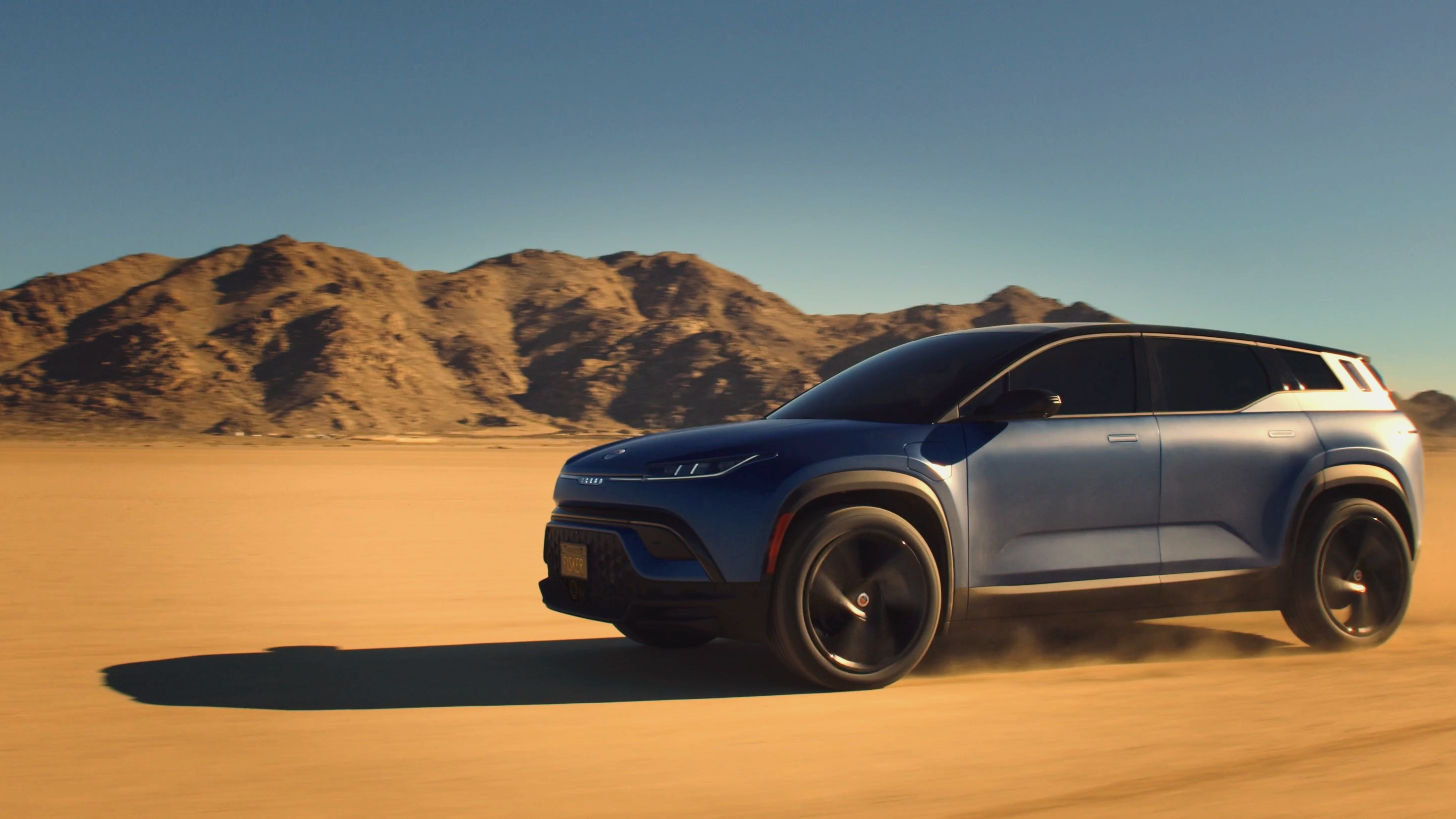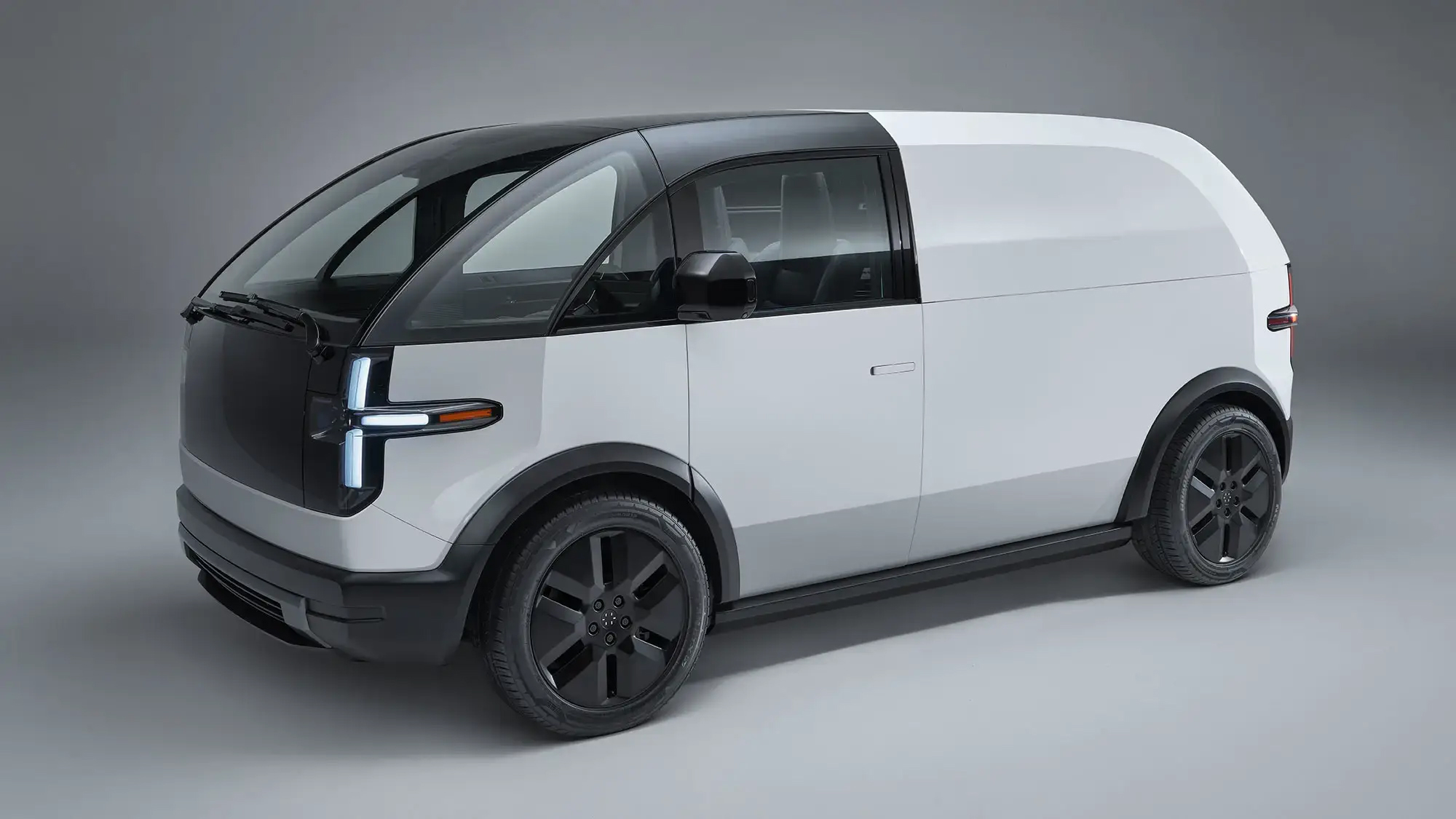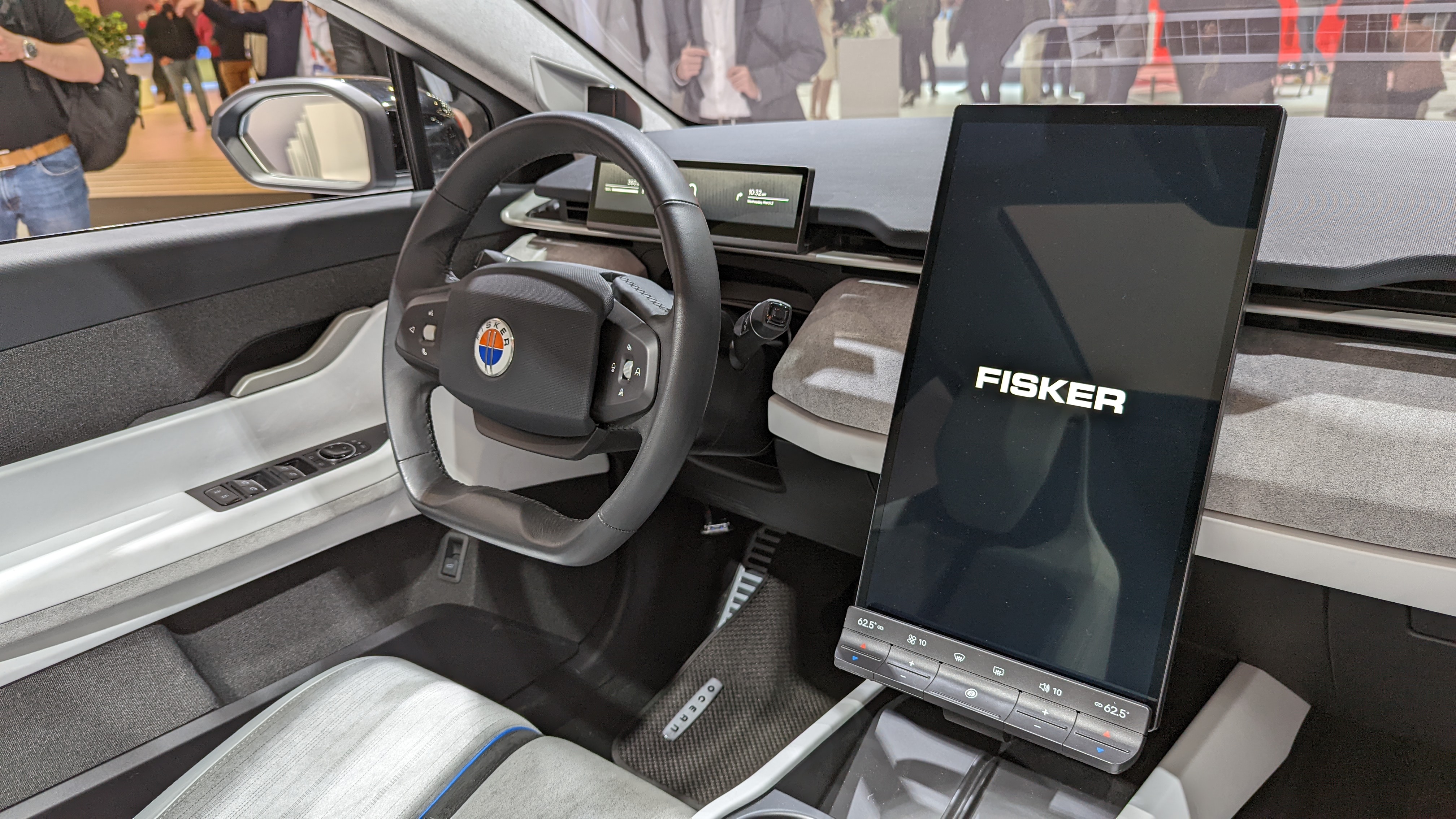The rise and fall of EV start-ups could kill consumer confidence in the technology
Fisker joins a long list of struggling start-ups and it's not helping the EV transition

Sign up for breaking news, reviews, opinion, top tech deals, and more.
You are now subscribed
Your newsletter sign-up was successful
Depending on your news source, sales of electric vehicles are either gloriously in ascendance or their popularity is dwindling, especially among private buyers.
But for ambitious Californian EV start-up Fisker, the outlook appears increasingly gloomy, as recent reports suggest that the company could soon be forced to file for bankruptcy with the company itself concluding that there is "substantial doubt about its ability to continue" due to dwindling cash reserves.
This is clearly bad news for the 450-odd Fisker employees, not to mention the satellite companies reliant on its business. But it's also a blow to the circa 4,700 customers that placed their trust in the company and handed over hard-earned cash for the Ocean model.
Fisker’s financial woes aside, the burgeoning electric vehicle industry as a whole has brought with it a level of uncertainty. Start-ups, such as electric pick-up truck maker, Lordstown Motors, filed for bankruptcy in June 2023.
California-based Indi EV followed suit a few months later, while promising Chinese EV company WM Motors also ceased trading around the same time, joining hundreds of young EV upstarts that rose but inevitably burned out in China’s hotly contested domestic market, which has been bubbling away since 2019.
In the UK, Arrival - an electric van maker that was once valued at £10 billion ($13 billion/AUS$19.6 billion) - collapsed this year, while battery maker Britishvolt went into administration just nine months after it broke ground on its "gigafactory" in Northumberland, despite securing $2.5 billion (around £2 billion/$AUS 3.7 billion) in funding.
Natural selection

Bloomberg points out that the whittling down of EV companies, particularly in the fiercely competitive Chinese market is natural and akin to the US automotive market of the early 20th Century, where some of today's most recognized automotive brands were busy consolidating a wild and unpredictable landscape.
Sign up for breaking news, reviews, opinion, top tech deals, and more.
But the faltering of Fisker isn’t down to the industry becoming more concentrated as a whole, it is down to the EV market entering a "turbulent and unpredictable period," according to CEO Henrik Fisker.
Read between the lines and it could be down to weakening customer demand for its product brought on by reported quality issues, such as glitchy key fobs, sudden loss of power and dodgy seat sensors that don’t detect the driver.
Whatever the reason, this meteoric rise of exciting new automotive start-ups, such as Lucid, Faraday Future and Canoo (itself experiencing financial troubles), has the very real potential of disappointment… and that's no good for overarching consumer confidence.
Support network

Unlike a smartphone or a pair of innovative bone-conduction headphones, a car still is one of the largest purchases a customer can make and is therefore a very serious investment. Vehicles require servicing, maintenance and a reliable network of specialists that can be on hand when things go wrong, over its entire lifespan.
Despite younger buyers reportedly preferring not to visit a physical showroom when purchasing a new car, there still has to be a convenient and reliable after-sales procedure. Although the average age of a new car buyer is still well into their 50s.
Perhaps more importantly, nobody wants to purchase a vehicle, only for its maker to file for bankruptcy and not exist a few years later.
According to a study conducted by the Wall Street Journal at the tail end of last year, which analysed 43 publicly traded EV startups that went public from 2020 to 2022, 18 were on track to run out of cash by the end of 2024.
Call it a market that’s 'stabilising' or the 'thinning of the herd', it’s still a poor look for a technology that’s not yet got the weight of full consumer confidence behind it.
Plummeting residual values, a lack of charging infrastructure and poor battery range are all still barriers of entry to the brave new world of EVs.
What the market doesn’t need is a bunch of exciting upstarts that promise everything and then vanish.
You might also like

Leon has been navigating a world where automotive and tech collide for almost 20 years, reporting on everything from in-car entertainment to robotised manufacturing plants. Currently, EVs are the focus of his attentions, but give it a few years and it will be electric vertical take-off and landing craft. Outside of work hours, he can be found tinkering with distinctly analogue motorcycles, because electric motors are no replacement for an old Honda inline four.